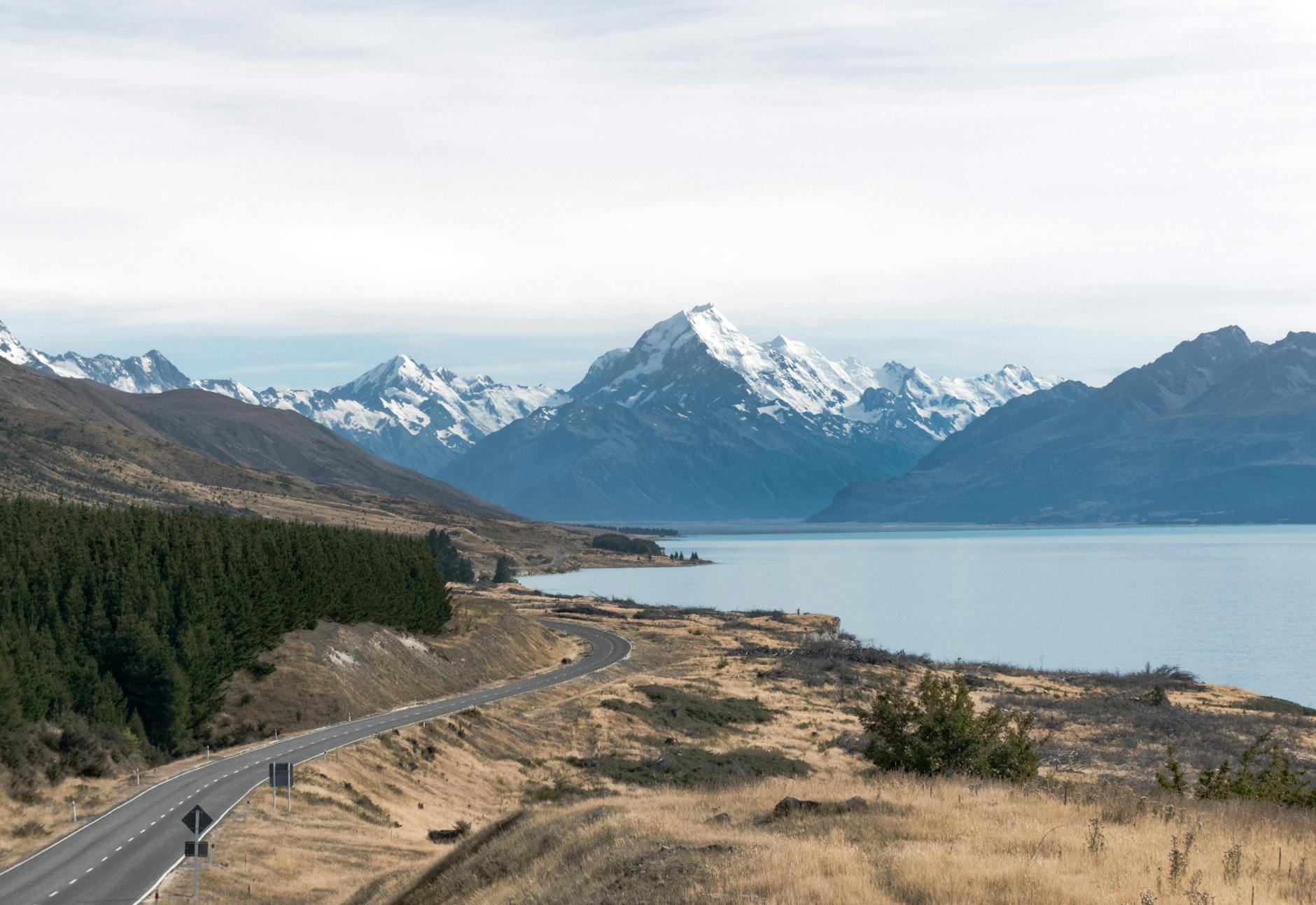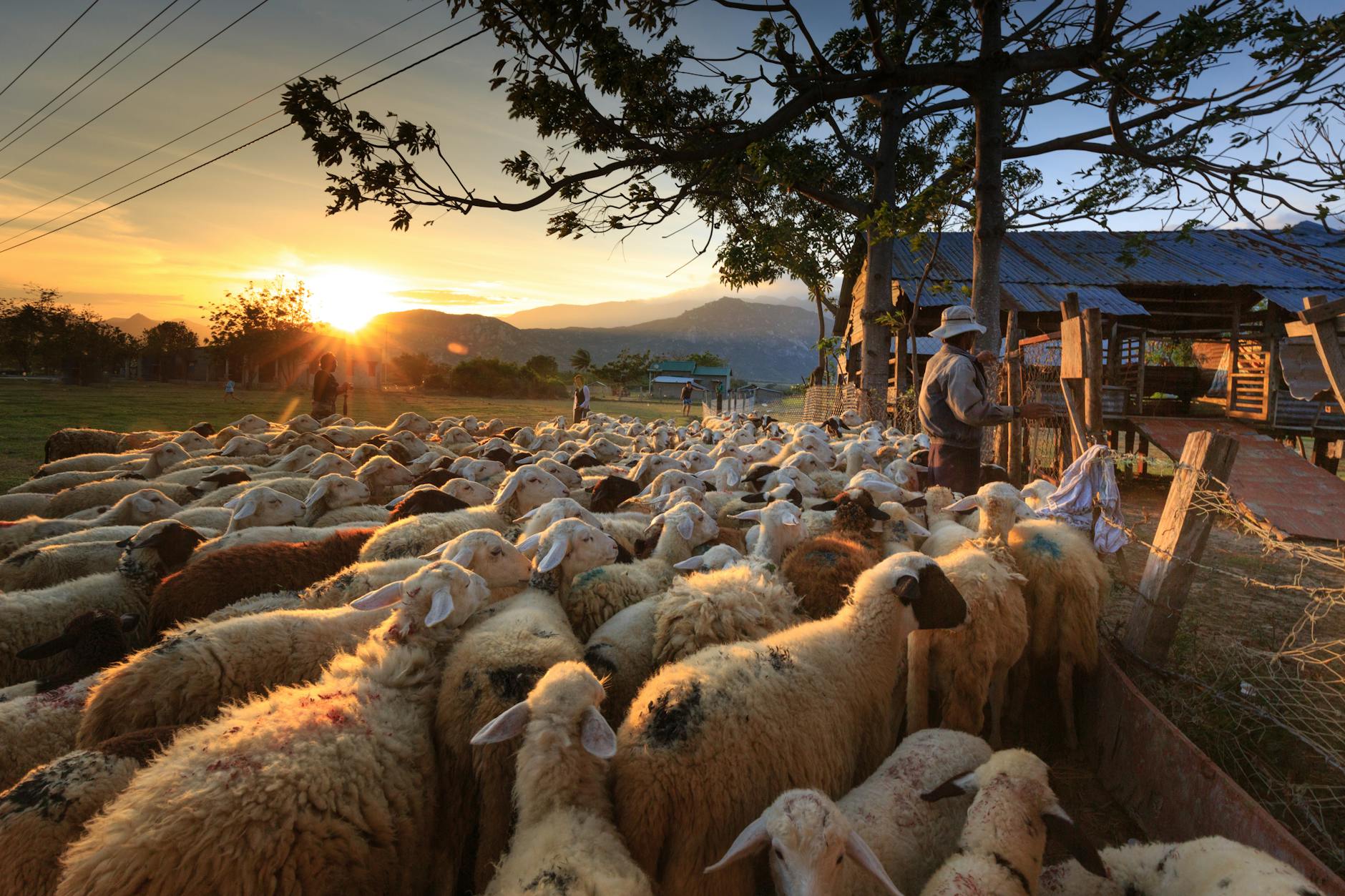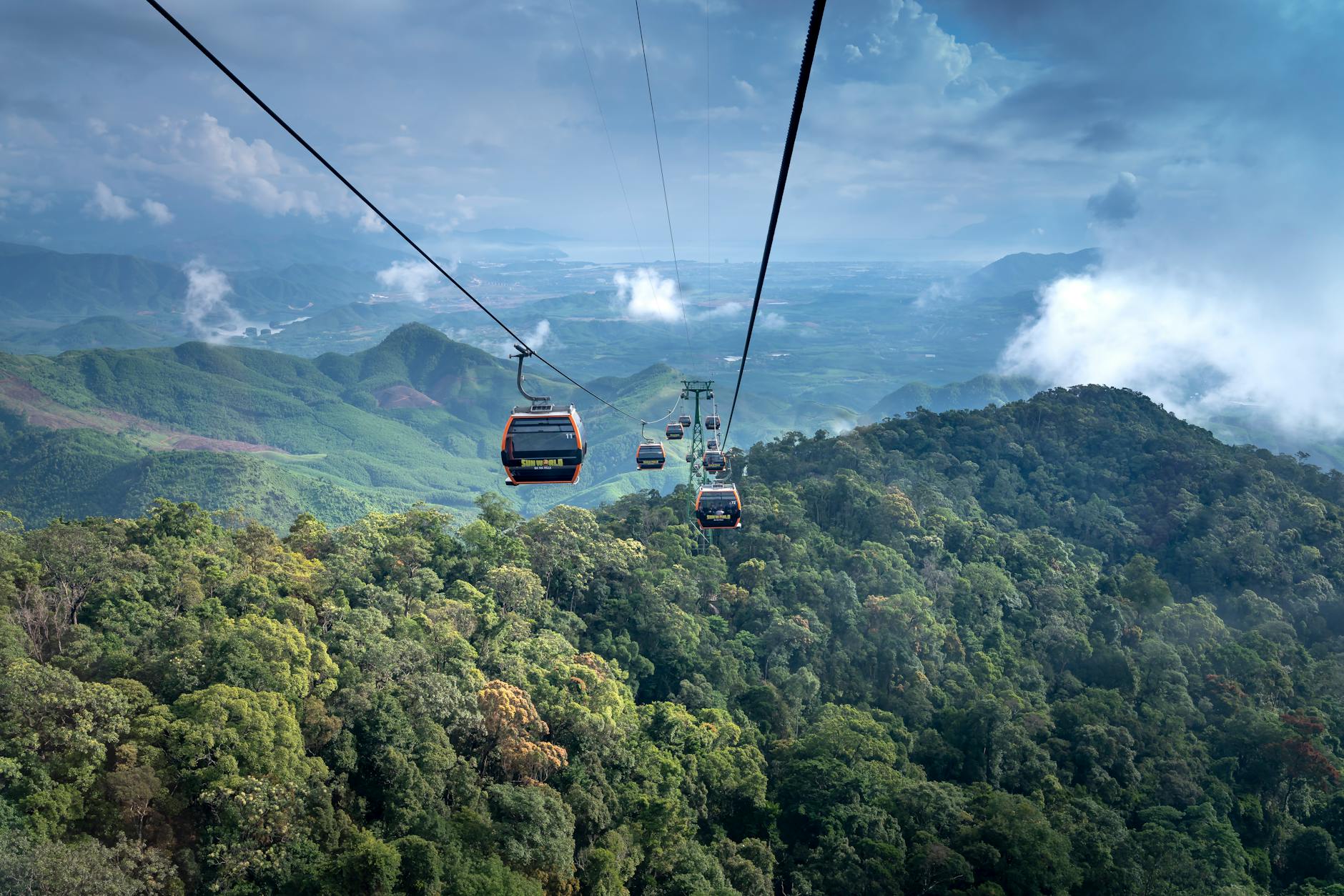How to Discover Australia While Planning Your South American Adventure

Exploring Australia's Academic Treasures
Surrounded by Australia's vibrant academic and cultural landscape, the State Library of Victoria stands as a beacon of knowledge and exploration. For anyone delving into South America's intriguing histories and cultures, this institution offers a treasure trove of resources. Not only can scholars explore its extensive collection of historical manuscripts, but the library also provides access to vast archives detailing global cultures, offering a window into the untold stories of South America tours.
Historical Landmarks in Australia
Australia boasts its own rich history, and those in Melbourne enjoy access to landmarks that reflect the nation's cultural evolution. Places like the Melbourne Museum's history exhibits can inspire parallels when planning ventures into larger-than-life histories of regions like Antarctica travel. The exhibits provide an understanding of how colonial influences shaped territories, echoing South America's dynamic past.
Cultural Institutions and Archives
If you're planning South America holidays, immersion in Australia's own cultural institutions offers preparation that enriches such excursions. The galleries and archives in Australia serve as an excellent starting point for anyone interested in understanding the depth of cultural influence, comparable to those found in South America. Delving into these resources sharpens your approach to exploring Latin American histories.
Connecting with Local Experts
Engaging with local experts and historians helps formulate informed questions before embarking on international cultural tours. Whether at symposiums or workshops frequently held in Melbourne, interacting with these experts provides context that enhances the narratives encountered during trips to South America. Embracing such interactions as you plan your trip ensures a well-rounded, enlightening exploration.
Planning the South American Expedition
Embarking on a meticulously planned expedition through South and Central America offers a myriad of learning opportunities, particularly for those with high scholarly interest in historical and cultural aspects. Melbourne, with its rich tapestry of educational resources, provides a solid foundation for planning such an immersive journey. For instance, the State Library of Victoria is a treasure trove for historians, containing numerous resources that can aid in planning expeditions to explore the intricate quilt of South America's past.
Mapping Historical Sites
Planning an expedition necessitates a thorough mapping of key historical sites. South America brims with locations that hold immense cultural significance. Consider embarking on south american tours that focus on the enchanting ruins of Machu Picchu or the ancient city of Cusco. These locales offer insight into the Incan Empire, allowing one to delve deeper into their complex societal structures and architectural brilliance.
Essential Cultural Landmarks
Central America is equally rich in options. Central america tours can be planned to include visits to Tikal in Guatemala, which brings the ancient Mayan civilisation to life. Each stone and engraving narrates a story of the past, revealing layers of elaborate rituals and societal hierarchies.
Uncovering Less-Known Destinations
The allure of Cuba travel lies in its less-visited destinations, offering an excellent field for research in colonial architecture. The town of Trinidad, for instance, preserves its 19th-century charm, featuring cobbled streets and pastel-coloured buildings. Such settings provide fertile ground for academic inquiry, enabling historians to examine the confluence of European and indigenous influences in detail.
Aligning Research with Travel
Incorporating Educational Tours
As someone deeply invested in the academic exploration of South America, the integration of educational tours into your research itinerary is invaluable. When considering south america travel, these tours can provide a structured framework to gain deeper insights into the region's historical and cultural wealth. Tailored visits to key archaeological sites or participation in internationally recognised antarctic tours can enhance your understanding of indigenous civilizations and their interactions with early explorers. Such engagements offer an opportunity to delve into narratives that resonate beyond traditional academic boundaries.
Ensuring Historical Accuracy
It is imperative to uphold historical accuracy when translating research into tangible on-ground experiences. Much like the meticulous curation of exhibitions at the Melbourne Museum's history exhibits, a keen eye for detail and context can illuminate the past effectively. Rigorous research prior to visiting sites ensures that facts are not only preserved but are also contextualised appropriately within the larger historical narrative. This dedication to precision safeguards against the dissemination of inaccuracies and enriches your overall experience.
Networking with Local Scholars
While planning your expedition, fostering connections with local scholars is an essential step. Engaging with historians and cultural experts from the region offers nuanced perspectives that are often missing from global academic discourse. Attending seminars or cultural events, akin to those at Federation Square, allows you to exchange ideas and collaborate on projects that could redefine traditional historical interpretations. These interactions not only facilitate richer academic discussions but also create a holistic framework for your explorations in South America.
Logistical Preparation Strategies
Streamlining Travel Itineraries
Organizing a comprehensive travel itinerary for scholarly research demands a meticulous approach. The splendour of integrating Patagonia tours cannot be understated when strategizing an itinerary. Distinct from conventional tours, these expeditions provide a profound glimpse into Patagonia’s pristine landscapes and indigenous cultures. Prioritizing key cultural sites and arranging them sequentially based on geographical convenience not only enhances research efficiency but also allows for the optimal allocation of time. This method is akin to curating a detailed exhibition with a logical flow, much like the exhibits you'd find at the Melbourne Museum’s history collection.
Sourcing Accommodation Options
Secure and effective lodging is vital for an uninterrupted research trip. It is essential to choose accommodations that provide both comfort and accessibility to research locations. Options might include university guest houses, local inns with historical significance, or residences in proximity to vital cultural sites. Think of these as satellite hubs that facilitate your exploration while providing a peaceful refuge after a day of immersive study.
Securing Research Funding
Acquiring adequate research funding is crucial for bringing field studies to fruition. Engaging with university grant offices and cultural foundations can uncover valuable financial resources. Additionally, aligning with tours offering educational discounts, like Cuba tours, can significantly defray costs. These resources ensure your journey is not only educational but also economically viable. Just as the State Library of Victoria provides abundant research materials, so too can properly secured funding amplify the scope and depth of your scholarly investigations.
Maximizing Research Opportunities
In maximising research opportunities during a South American exploration, it's essential to adopt a multifaceted approach. A key method is to engage with local academic communities, offering a treasure trove of insights and access to open public records search and historical documents that might otherwise be overlooked. This corresponds with the strategic networking outlined earlier, forming a bridge to local scholars who can provide enlightening perspectives rooted in the unique historical and cultural tapestries of their countries.
Moreover, attending cultural events and festivals offers a dynamic way to gain deeper contextual understanding. These events are not just celebrations but are often living remnants of historical narratives, echoing the tradition of cultural events held at Federation Square. Whether it’s the vibrant festivities in Brazil or the solemn rituals in Peru, each event is an opportunity to glean the nuances of cultural evolution and societal fabric.
To further enhance research efficacy, leveraging digital databases is indispensable. Institutions such as the "State Library of Victoria" and the "Melbourne Museum's history exhibits" can provide digital access to a vast array of documents that supplement on-ground findings. These records help build a comprehensive understanding and ensure the integrity and depth of research.
In summary, well-rounded research combines the rich immediacy of ground-level interactions with the depth and breadth of digital resources, providing a robust foundation for an enlightened understanding of South American history and culture.


